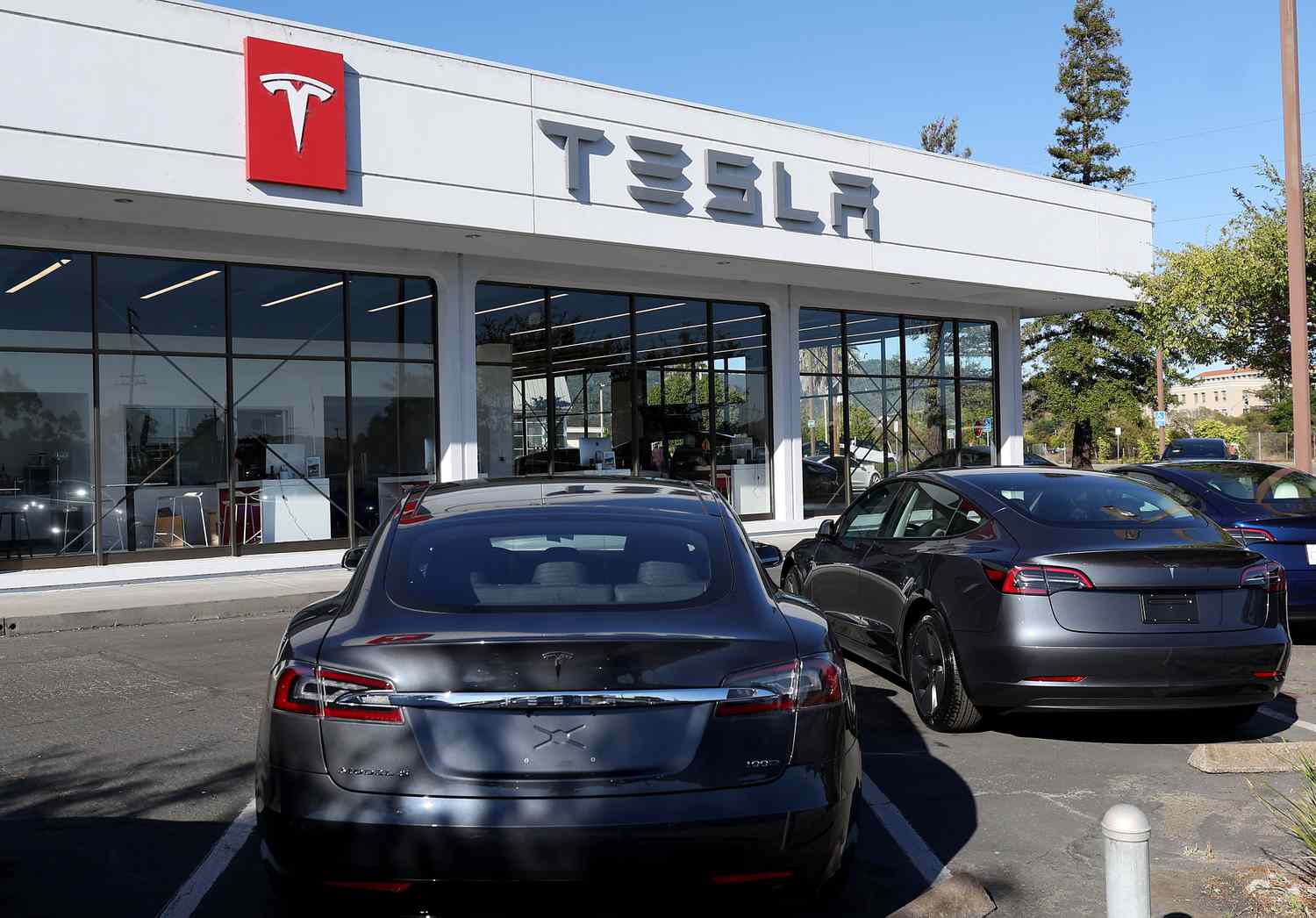Tesla, the pioneering electric vehicle manufacturer, has recently implemented a series of aggressive price cuts, a move that has stirred the market and captured the attention of potential EV buyers. These reductions are seen as a strategic response to the softening demand for electric vehicles globally and the increasing pressure from rising competitors, particularly from China.

The Impact on Rental Companies
While consumers might revel in the opportunity to purchase Teslas at reduced prices, rental companies are grappling with the fallout from this decision. Many of these firms had invested heavily in electrifying their fleets, anticipating a steady appreciation in value. However, the continuous price reductions have drastically diminished the resale value of their fleets, leaving them in a precarious financial position.

According to a detailed report by Reuters, these price cuts have not only affected the fleet’s value but also compounded issues with service quality and the cost of repairs, which have been longstanding grievances among fleet operators. The depreciating fleet values make it increasingly difficult for rental companies to sell off their vehicles at reasonable prices, a critical aspect of their business model.

Tesla’s Damage Control Efforts
In response to the growing discontent among its corporate customers, Tesla has initiated several measures aimed at damage control. These include offering unofficial discounts on new car purchases, particularly for in-stock models, and addressing the myriad complaints related to service, repairs, and order fulfillment. These efforts are part of its broader strategy to mend its strained relationships with fleet managers and leasing firms, who have felt neglected by the company’s previous focus on expanding its market presence and sales volumes.
Despite these initiatives, industry experts remain skeptical. One expert interviewed by Reuters suggested that these corrective measures might be “too little, too late.” With Tesla’s sales showing signs of slowing and competition intensifying, particularly in the EV space, the company faces significant challenges. The burgeoning second-hand market and a shift in consumer interest towards hybrids are additional factors that could influence its future trajectory.
The Broader Implications
Company’s situation underscores a critical dilemma facing the EV industry: balancing aggressive market expansion with the sustainability of its business practices, especially in relation to its corporate clients. As rental companies and leasing firms reassess their investment in vehicles, the broader implications for the electric vehicle market become clear. How Tesla navigates these challenges will be crucial for its continued leadership in the sector and could potentially influence industry-wide practices concerning pricing strategies and fleet management.
As the electric vehicle landscape continues to evolve, both Tesla and its commercial clients will need to adapt to changing market dynamics. The outcome of its current strategies will likely serve as a valuable case study for other players in the industry, highlighting the complexities of transitioning to electric mobility and the importance of maintaining robust client relationships in the face of rapid market changes.










